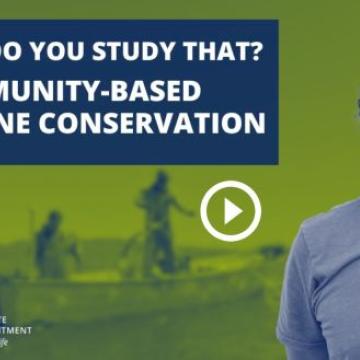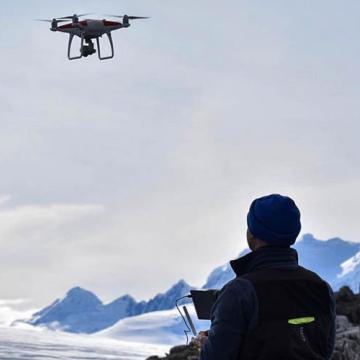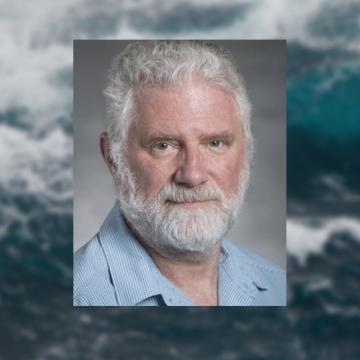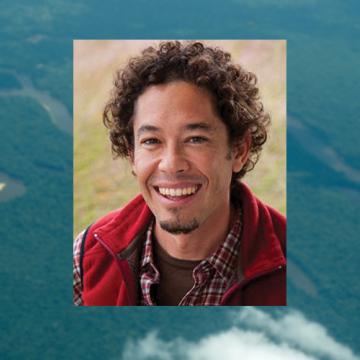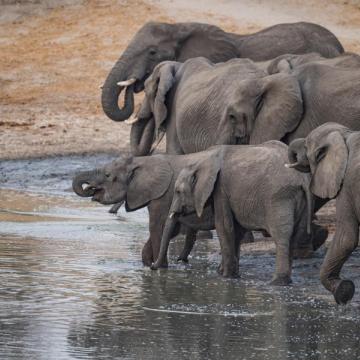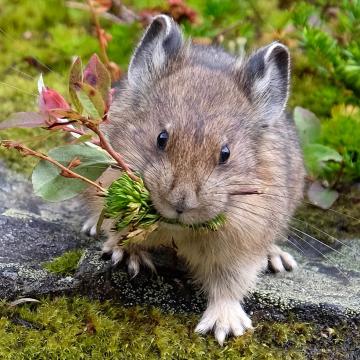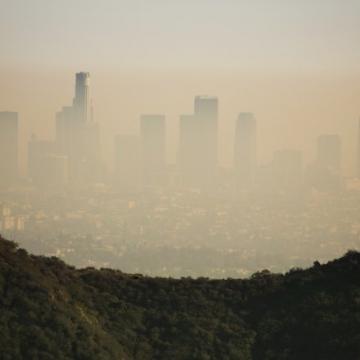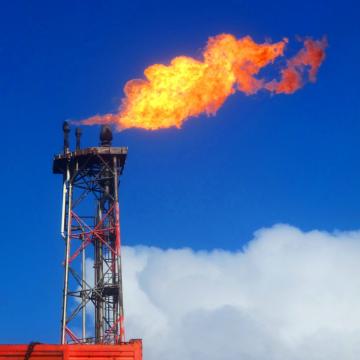-
NewsModeling experiments show Pacific warm and cold patches persisted even when continents were in different places
-
NewsXavier Basurto, Truman and Nellie Semans/Alex Brown & Sons Associate Professor of sustainability science, studies community-based marine conservation. Basurto discusses how fishers can help us understand the effects of climate change by listening to their experiences.
-
NewsThis year’s global Earth Day theme is “planet vs plastics”, and calls for the rapid phase out all single-use plastics.
-
NewsMeet the Marine Robotics and Remote Sensing Laboratory, learn more about its research focus, lab members' experiences in the lab and the opportunities the lab offers Duke students.
-
NewsMeet the Patino-Echeverri Lab, learn more about its research focus, lab member's experiences in the lab and the opportunities the lab offers Duke students.
-
NewsThe vast size of the ocean makes tracking human activity there challenging, but a new study provides a startling glimpse of how extensive this activity has become in recent years and how much of it occurs outside of public monitoring.
-
NewsXavier Basurto is broadly interested in how people in small communities successfully organize themselves for collective action. His recent talk described his work in advancing the understanding of non-colonialist sustainability science: the prospects and limitations of self-organization, or self-governance, for social-ecological sustainability, particularly in the Global South.
-
NewsResearchers at Duke University’s Nicholas School of the Environment and Pratt School of Engineering are co-leading a new National Science Foundation-funded project that aims to boost economic development and climate resilience in coastal North Carolina through nature-based scientific and technological innovations.
-
NewsA new study by researchers at Duke University and WWF aimed to accurately track the expansion and retraction of small ephemeral water bodies from the wet to dry seasons across the KAZA region.
-
NewsClimate change threatens species worldwide. At the Nicholas School, we’re creating new geospatial tools that boost their odds of survival.
-
NewsSlashing emissions of carbon dioxide by itself isn’t enough to prevent catastrophic global warming, a new study shows. But if we simultaneously also reduce emissions of methane and other often overlooked climate pollutants, we could cut the rate of global warming in half by 2050 and give the world a fighting chance.
-
NewsPhD student Renata Poulton Kamakura has been working with Duke Landscape Services and undergraduate students in the Theory and Applications of Sustainability (ENV 245) course to determine how the more than 17,000 trees on the Duke University campus benefit sustainability—including their effect on carbon sequestration and stormwater mitigation.
-
NewsWhen it comes to making communities and businesses greener, re-thinking the “little” stuff we often take for granted—like zoning, logistics and cement—can yield big benefits.
-
NewsUsing satellite images, scientists have detected hundreds of very large and previously unreported methane releases at oil and natural gas production sites across the globe.
-
NewsNew research finds nearly 75% of the seafood exported to China is processed there and ‘re-exported’ to global markets as Chinese products, making it hard to track its sustainability and verify it’s labeled accurately, but also gutting the economies of small fishing communities worldwide that can no longer compete.

